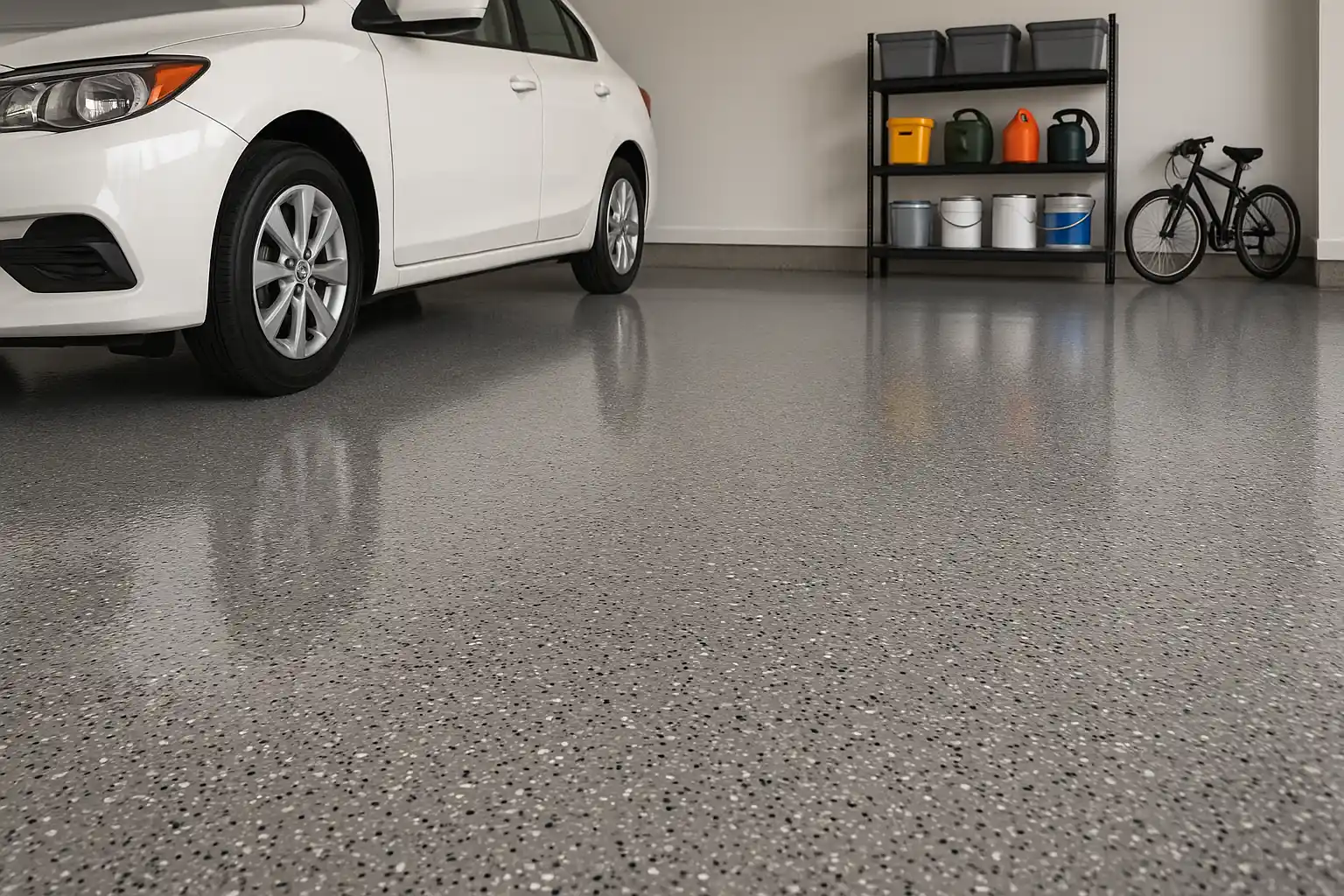I still remember the moment I knew it was time to let go of my old car. The engine sounded tired, the paint had seen better days, and honestly, it just wasn’t giving me joy anymore. But the problem wasn’t saying goodbye—it was figuring out how to get cash for my car without getting ripped off or wasting days on end.
So, I started digging.
Turns out, the cash for cars Florida space is filled with companies that promise fast deals. But not all are created equal. Some lowball you. Others disappear after the first call. And then, a few—just a few—make the whole process feel honest, human, and worth it.
This post isn’t just a guide. It’s a shared experience. Let me walk you through how to sell your car for cash without feeling like you’re jumping through hoops.
Why Cash for Cars Still Works
Selling a car isn’t what it used to be.
You no longer need to put a “For Sale” sign on your windshield and wait around for a random stranger to stop by. With cash-for-car services, you skip the waiting and jump straight to the deal.
And here’s the best part: you don’t need to be a car expert to do it.
Whether your car is slightly used, completely dead, or somewhere in between, someone is willing to offer you cash today.
But you still need to be smart about it.
What Does “Cash for Cars” Actually Mean?
Let’s clear something up right away.
“Cash for cars” doesn’t always mean you get a wad of cash in hand. Often, it means instant payment—sometimes in digital form, sometimes as a check, sometimes literally cash.
The real idea is convenience. You offer your vehicle. A buyer evaluates it. And boom—you walk away with value in your pocket.
Sounds simple. But how do you make sure you’re not getting the short end of the stick?
How to Prepare Before Selling Your Car
Even before you reach out to a buyer, there’s a little prep work that makes a big difference.
1. Gather Your Documents
Find your title, registration, and any maintenance records. The more proof you have, the smoother the deal goes.
2. Clean It Up (A Bit)
No, you don’t need to detail it. But cleaning out trash, wiping down surfaces, and checking the tires helps buyers take you seriously.
3. Know Your Car’s Basic Info
Be ready with the make, model, year, mileage, and any mechanical issues. Honesty here goes a long way.
Where Do These Cars Go Anyway?
This surprised me. When you sell your car for cash, buyers might:
- Fix it up and resell it
- Strip it for valuable parts
- Recycle the metal and materials
So yes—even that beat-up sedan still has value. And depending on its condition, you might be helping someone else find affordable transportation or contributing to eco-friendly recycling.
That’s not just a sale. That’s a smart move.
What Makes a Great Cash for Cars Service?
You know what I looked for? It wasn’t just the highest offer. It was how I was treated.
Here’s what separates a good service from a stressful one:
Fast Responses
If they take two days to reply, move on. Time matters.
Transparent Quotes
A fair service explains why they’re offering what they’re offering. No shady math.
Free Towing or Pickup
If they charge to pick up your car, that’s a red flag. Most legit buyers offer free towing.
No Last-Minute Price Drops
Some people bait you with a good number, then show up and lowball. Don’t fall for it. Walk away.
My Real Experience Selling for Cash
Let me give you a peek into how it played out for me:
I submitted my car’s info on a couple of websites. Within minutes, I got a few calls and texts. Some were pushy, some didn’t listen, and one was refreshingly… normal.
They asked about my car like they cared. They gave me a rough estimate upfront and explained everything in simple terms.
By the next day, they were at my place. They checked the car, agreed to the price we discussed, and gave me instant payment. No drama. No nonsense.
That’s when I realized: good car buyers treat you like a person, not a paycheck.
What You Should Avoid (Lessons Learned the Hard Way)
I made a few mistakes early on that I wish someone had warned me about.
- Don’t accept offers without checking at least 2–3 other buyers.
One quote might seem fair until you realize it’s the lowest out there. - Never meet in isolated areas.
Always choose public spots or let the buyer come to you (preferably during the day). - Skip the “we’ll pay later” excuse.
If they don’t pay on the spot, don’t sign anything.
Trust your gut. If it feels off, it probably is.
Questions You Should Always Ask the Buyer
Don’t be afraid to ask questions. In fact, the more you ask, the safer you’ll feel.
Here are a few:
- How fast can you pick up the car?
- Will I get paid on the spot?
- Do I need to do any paperwork?
- Is towing included in the deal?
- What happens if I don’t have the title?
A good buyer answers clearly, without dodging.
Can You Sell a Car That Doesn’t Run?
Absolutely.
Many buyers specialize in non-running cars, damaged vehicles, or even total losses. As long as the vehicle still has value (in parts or scrap), you can get paid.
Just be honest when describing the condition. No one likes surprises—and they might reduce the offer if the car shows up in worse shape than expected.
Don’t Fall for “Too Good to Be True” Offers
If someone promises triple what others are offering, proceed with caution.
Some of these deals:
- Vanish when it’s time to pick up
- Suddenly add hidden fees
- Insist on complicated paperwork
Remember, it’s okay to say no and walk away. Your car has value. You deserve a clean, confident deal.
Final Checklist Before You Sell
Before you hand over the keys:
Remove all personal belongings
Cancel your insurance after the sale
Sign the title over correctly
Get proof of sale or a receipt
Snap a quick photo for your records
These small steps protect you in case anything comes up later.
A Human Sale for a Human Car Owner
Letting go of your car can feel weird. It carried you through errands, road trips, first jobs, and maybe even breakups. So it deserves more than a quick dump-off.
That’s why cash for cars should feel fair, easy, and respectful.
When I found the right buyer, I didn’t feel like I was getting rid of junk. I felt like I was closing a chapter—on my terms.
Learn More:







Leave a Reply